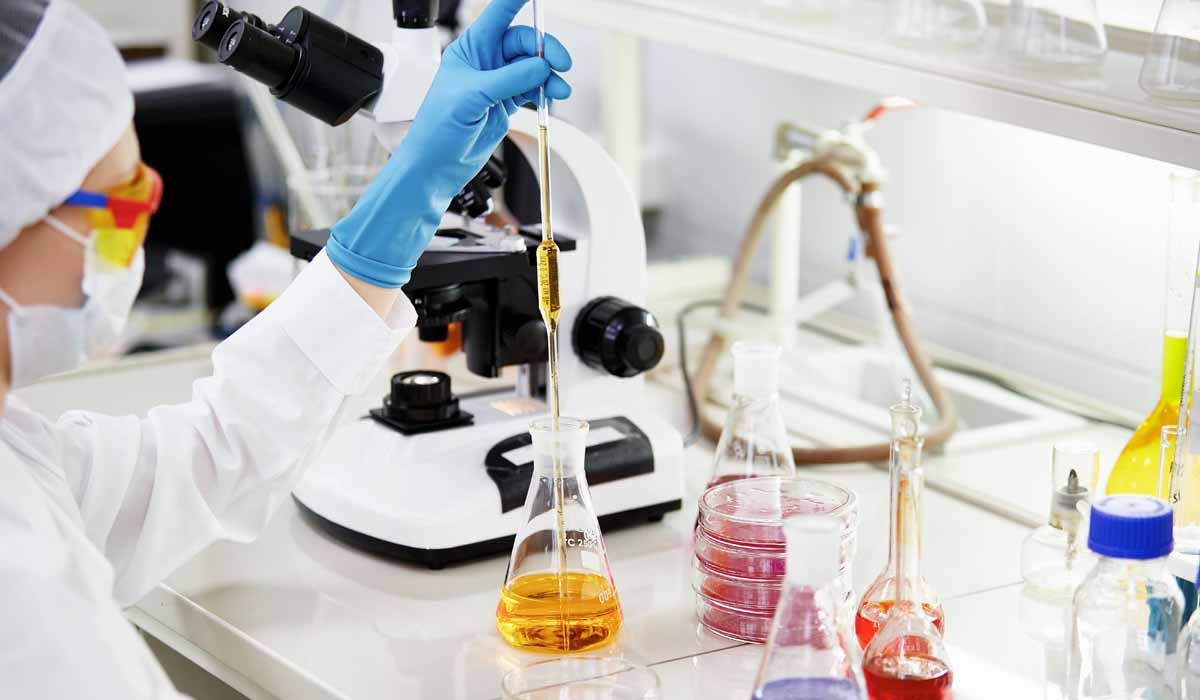Pathology means the study of disease and its causes and progression. Pathology tests cover blood tests, and tests on urine, stools (faeces) and bodily tissues. Blood and pathology tests leave many people squeamish, but they’re an important part of detecting, diagnosing and treating disease. In fact, if you’re sick, many decisions about your care will come down to the results of your blood and pathology tests.
A pathologist interprets the results of blood and pathology tests and looks for abnormalities that may point to disease, such as cancer and other chronic illnesses, or health risks, such as pre-diabetes.

There are nine specialisations in pathology:
- chemical pathology – looks at the chemicals in blood and other bodily fluids
- haematology – explores blood disorders
- anatomical pathology – looks at disease in human tissue – for the most part this is body tissue surgically removed from living patients. Cytopathology (the study of disease at a cellular level) is a subspecialty of anatomical pathology
- medical microbiology – investigates infection caused by bacteria, viruses, fungi and parasites
- immunopathology – looks at immune responses to disease
- genetic pathology – looks at genetic diseases
- forensic pathology – used to discover the cause of sudden or unexpected death, or in cases where the police suspect a death was not due to natural causes
- general pathology – concerned with all aspects of laboratory investigation of disease
- clinical pathology – the diagnosis of disease using laboratory testing.
























